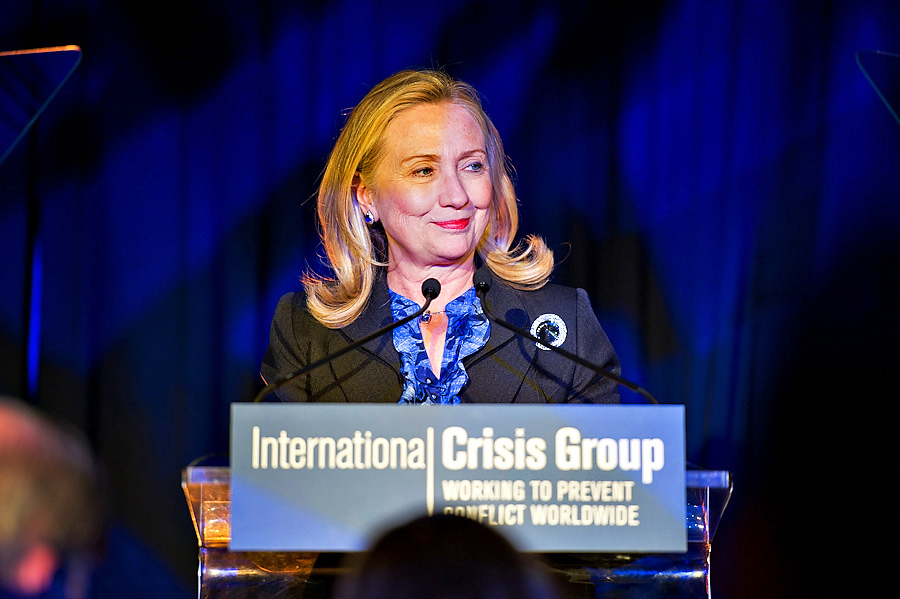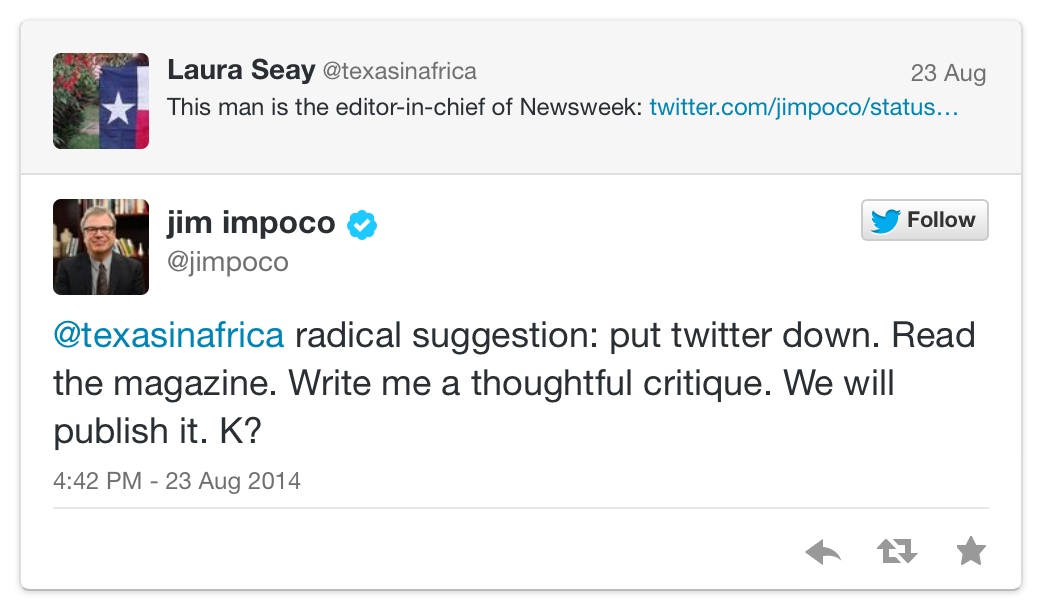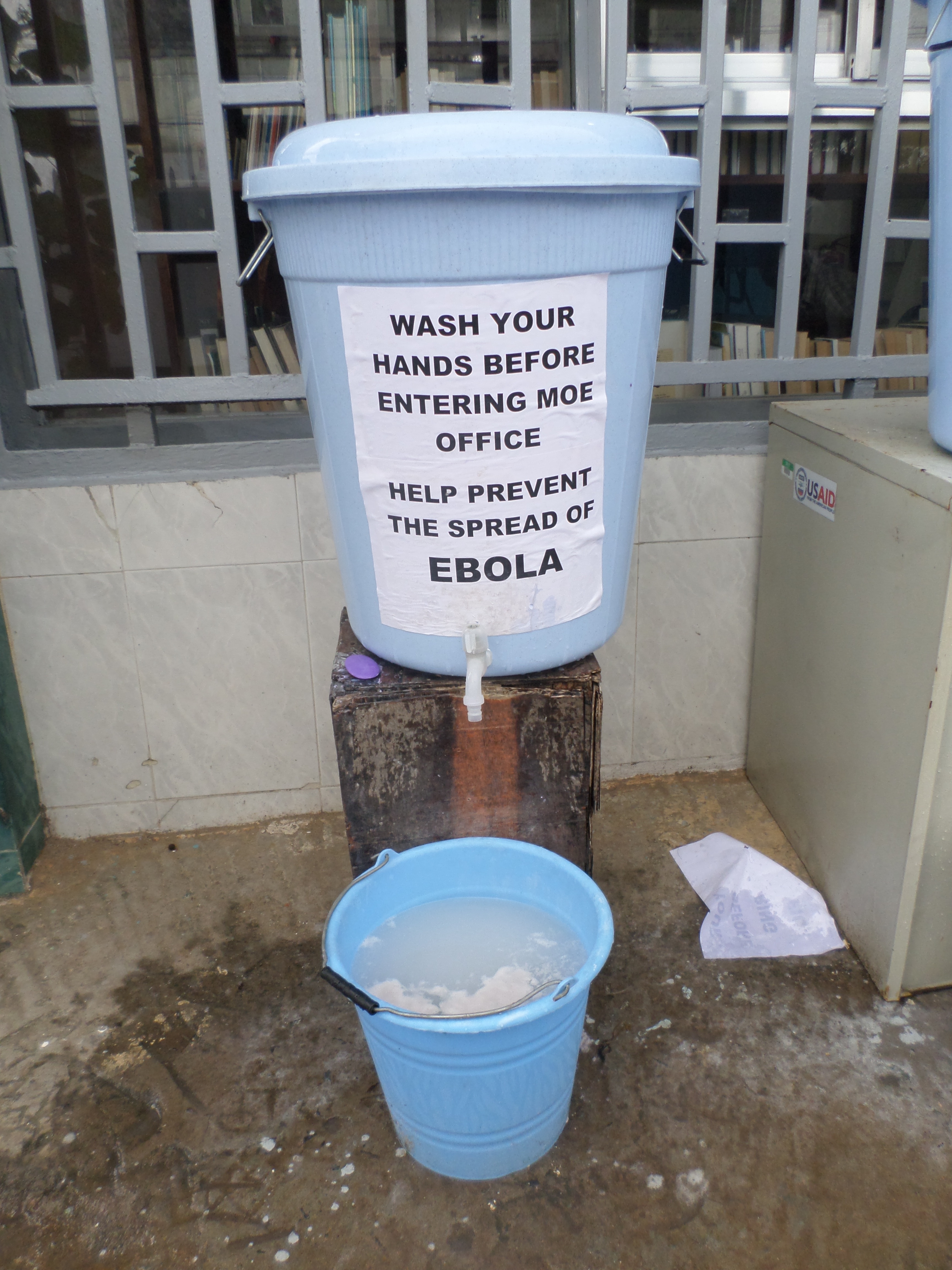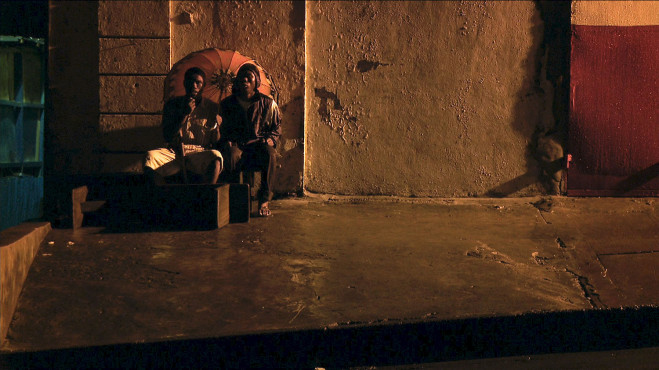Like other anthropologists who have woken up mid-career and found the countries where they’ve lived and worked awash in mass deaths (and let’s be real… that’s quite a lot of us), my initial response to the Ebola outbreak in West Africa was to hope that the experts had the situation under control, and bury my head in the sand.
Soon, the epidemic outpaced the global health response, and the calls for help grew more urgent, but anthropologists’ phones have stayed startlingly quiet. While leaders at the Centers for Disease Control (CDC), Médecins Sans Frontières (MSF), and the World Health Organization explained how factors like culture, weak governance systems, human behavior, and social organization made the outbreak unintelligible to the global health community, academics who work in the region like Danny Hoffman, Rosalind Shaw, Mats Utas, Chris Coulter, Mary Moran, Susan Shepler, Adia Benton, Mike McGovern, Sasha Newell, Gwen Heaner, and Marianne Ferme, not to mention anthropologist from the global south like Sylvain Landry Faye, have remained untapped as resources for understanding and creating innovative new approaches to attacking the Ebola outbreak at its source.
Continue reading






![c9c233_296a56047d6d4e95a6a03217ab047e1e.png_srz_295_225_75_22_0.50_1.20_0[1]](http://matsutas.com/wp-content/uploads/2013/12/c9c233_296a56047d6d4e95a6a03217ab047e1e_srz_295_225_75_22_0-50_1-20_01.png)